Finance
Expert speaks on CBN’s retention of 14% interest rate


The Central Bank of Nigeria’s (CBN) decision to leave key rates unchanged at 14% confirms how external and domestic factors have placed the central bank in a difficult position, the Research Analyst at FXTM, Lukman Otunuga, said, according to a report by TechEconomy.ng.
Otunuga who was commentING on the outcome of CBN MPC Meeting, said that higher US interests have accelerated capital outflows and led to a drop in external reserves while global trade tensions continue to weigh on sentiment.
Meanwhile, in a CBN Communiqué No. 120 of the Sep 24-25, 2018 MPC Meeting, the CBN Governor, Mr. Godwin Emefiele disclosed that the Committee appraised the macroeconomic environment and noted that at its July meeting, modest stability had been achieved in key indicators, including inflation, exchange rate and external reserves.
In particular, relative stability had returned to the foreign exchange market, buoyed by a robust level of external reserves with inflation trending downwards for the 18th consecutive month.
“These gains so far achieved,” he said, “appear to be under threat of reversal, following new data which provides evidence of weakening fundamentals. The Committee identified rising inflation and pressure on external reserves created by capital flow reversal as the current challenges to growth. It noted that inflationary pressures have started rebuilding and capital flow reversals have intensified as shown by the bearish trend in the equities market even though the exchange rate remains very stable.
“The Committee was concerned that the exit from recession may be under threat as the economy slowed to 1.95 and 1.50 per cent in Q1 and Q2 2018, respectively. The Committee noted that the slowdown emanated from the oil sector, with strong linkages to employment and growth in other key sectors of the economy.
“In this regard, the Committee urged government to take advantage of the current rising oil prices to rebuild fiscal buffers, strengthen government finances in the medium term and reverse the current trend of decline in output growth. The MPC also called on the fiscal authorities to intensify the implementation of the Economic Recovery and Growth Plan (ERGP) to stimulate economic activity, bridge the output gap and create employment.
“The Committee noted that disruptions to the food supply chain in major food producing states due to the combined effects of poor infrastructure, flooding and the on-going security challenges resulted in a rise in food prices, contributing to the uptick in headline inflation. The Committee was, however, optimistic that as harvests progress in the coming months, pressure on food prices would gradually recede, while growth enhancing measures would over the medium term have some moderating impact on food prices.
“The MPC expressed concern over the potential impact of liquidity injections from election related spending and increase in FAAC distributions which is rising in tandem with increase in oil receipts.
“The Committee was concerned with the rising level of non-performing loans in the banking system, traced mainly to the oil sector and urged the Bank to closely monitor and address the situation. It also expressed concern over the weak intermediation by Deposit Money Banks and its adverse impact on credit expansion and investment growth by the private sector.
“In view of the above developments, the MPC noted that the economy was still confronted with growth headwinds and inflationary pressures. It reiterated the need for synergy between monetary and fiscal policies as a viable option for macroeconomic stability. The Committee, therefore, identified two likely policy options as tightening or maintaining the status quo ante.
“Tightening would tame inflationary pressures, stem the reversal in portfolio capital, improve the external reserves position and maintain stability in the foreign exchange market. Conversely, the MPC felt that raising rates would further weaken growth as credit would become more expensive, NPLs would increase further, leading to a deceleration in output. In the Committee’s opinion, the upward adjustment would not only signal the Bank’s commitment to price stability but also its desire to maintain positive real interest rates.
“A decision to hold all policy parameters constant would sustain gradual improvements in output growth, maintain the current monetary policy stance and await a clearer understanding of the quantum and timing of liquidity injections into the economy before deciding on possible adjustments.
“The MPC, however, called on the government to fast track the implementation of the 2018 budget to help jumpstart the process of sustainable economic recovery, and to facilitate passage of the Petroleum Industry Bill in order to increase the contribution of the sector to overall GDP”, the Communiqué available to TechEconomy.ng reads.
The CBN Governor said that in light of the above, the MPC decided by a vote of seven (7) members to retain the MPR at 14 per cent.
“However, three (3) out of these seven (7) members voted to raise the Cash Reserve Requirement (CRR) by 150 basis points, an indication that left to them, we should have tightened. The other three (3) members voted to tighten by raising the MPR by 25 basis points.
In summary, the MPC voted to:
- Retain the MPR at 14 per cent;
- Retain the asymmetric corridor of +200/-500 basis points around the MPR;
- Retain the CRR at 22.5 per cent; and
- Retain the Liquidity Ratio at 30 per cent.
In lieu of the above, Otunuga said, “Rising consumer prices amid pre-election spending remain another headache for the CBN, while political uncertainties add to the equation of components complicating any efforts to cut interest rates. With crude oil price volatility from US-China trade tensions presenting a significant threat to Nigeria’s economic recovery, the CBN could maintain the status quo for the rest of 2018.
“While a rate cut was initially seen as a strategy to support economic growth in Nigeria, such a move may end up widening the divergence in monetary policy between the Fed and CBN – ultimately accelerating capital outflows”.
Finance
Banks To Now Charge 0.5% Cybersecurity Levy As Directed By CBN; Netizens React
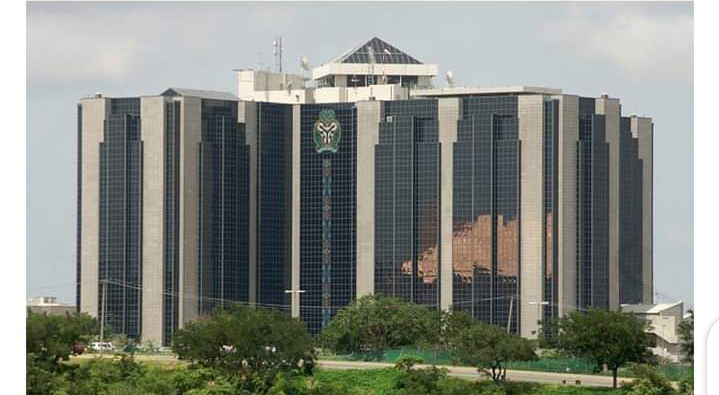

The Central Bank of Nigeria (CBN) has directed deposit money banks in the country to start charging 0.5% cybersecurity levy on some transactions done by their customers.
The apex bank gave the directive in a circular dated May 6, 2024 and sent to all commercial, merchant, non-interest and payment service banks as well as mobile money operators and payment service providers.
“Following the enactment of the Cybercrime (Prohibition, Prevention, etc) (amendment) Act 2024 and pursuant to the provision of Section 44 (2) (a) of the Act, ‘a levy of 0.5% (0.005) equivalent to a half percent of all electronic transactions value by the business specified in the Second Schedule of the Act’, is to be remitted to the National Cybersecurity Fund (NCF), which shall be administered by the Office of the National Security Adviser (ONSA),” the circular partly read.
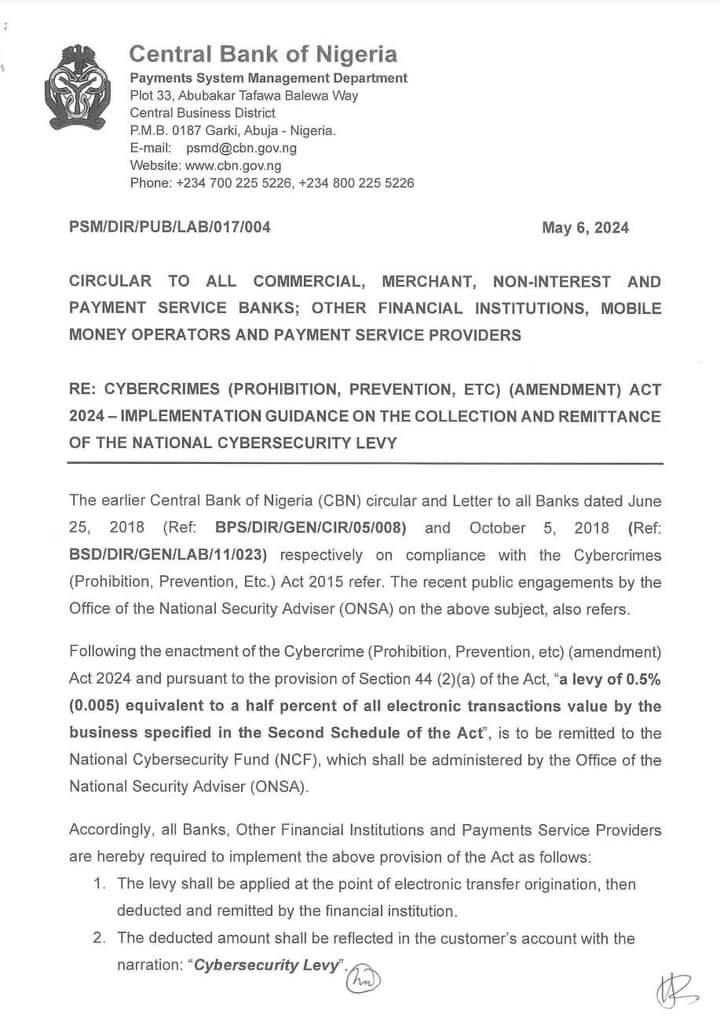

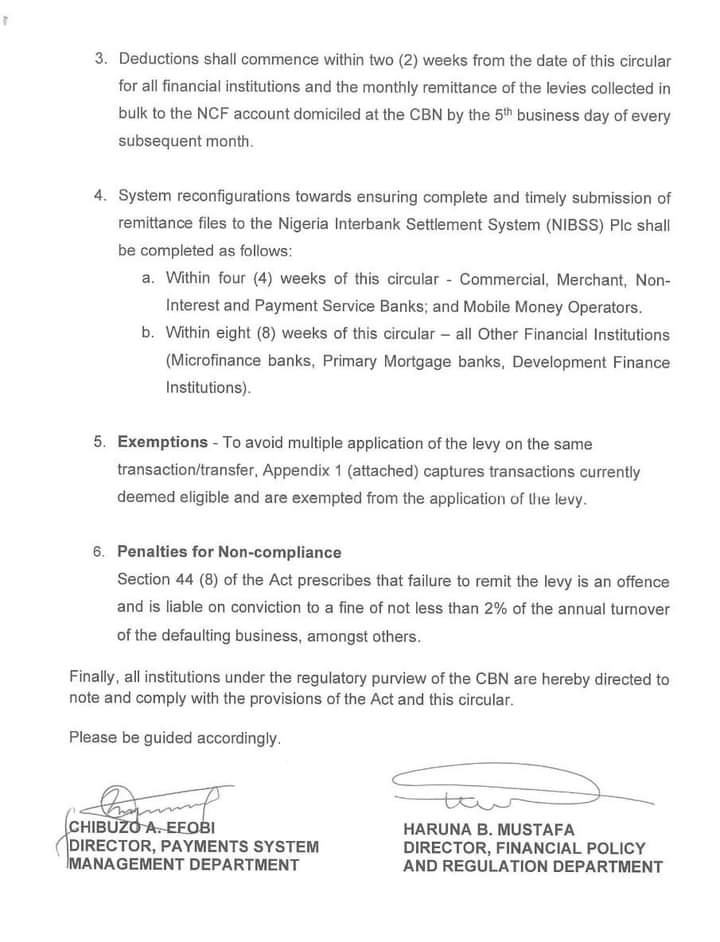

The apex bank said that the implementation of the levy would start two weeks from the date of the circular.
“The levy shall be applied at the point of electronic transfer origination, then deducted and remitted by the financial institution. The deducted amount shall be reflected in the customer’s account with the narration, ‘Cybersecurity Levy’. Deductions shall commence within two weeks from the date of this circular for all financial institutions and the monthly remittance of the levies collected in bulk to the NCF account domiciled at the CBN by the fifth business day of every subsequent month,” the circular said
The apex bank added that this new levy will not be applied on transactions such as loan disbursements and repayments, salary payments, intra-account transfers within the same bank or between different banks for the same customer, intra-bank transfers between customers of the same bank.
Also exempted from the levy were inter-branch transfers within a bank, cheque clearing and settlements, Letters of Credits, Banks’ recapitalisation-related funding only bulk funds movement from collection accounts, savings and deposits including transactions involving long-term investments, among others.
This current implementation however is not sitting well with some netizens as they reacted to the new development.
Here were some of their reactions from X.
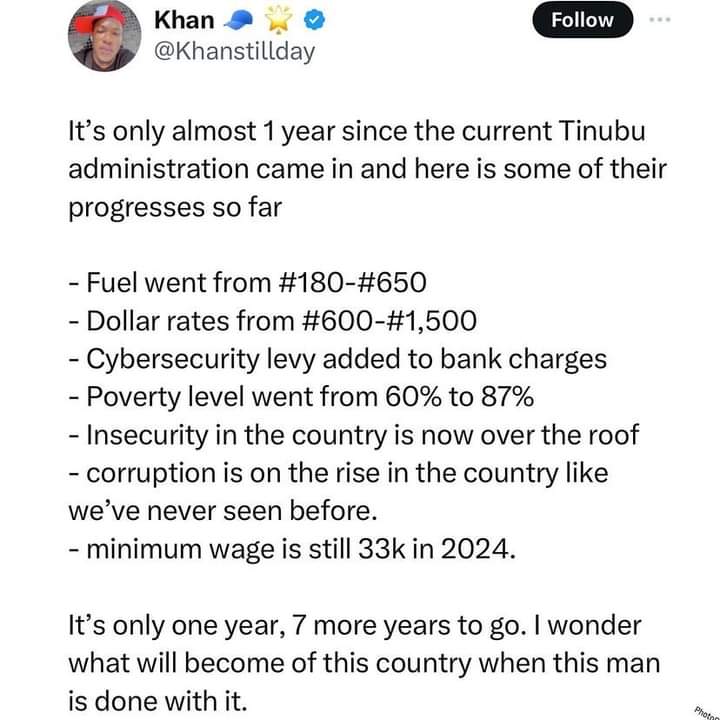





Finance
EFCC Chairman Tasks Nigerian Youths Against Crimes And Fraudulent Acts
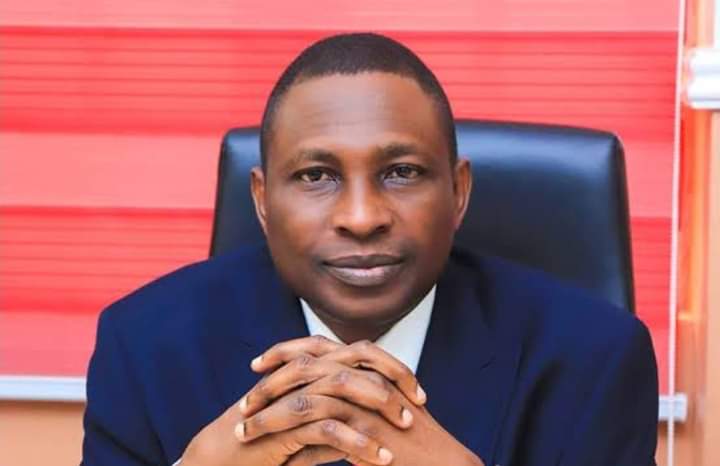

The Chairman of Economic Finance Crime Commission (EFCC), Ola Olukoyede, has stressed the need for Nigerian Youth to see themselves as agents of positive change that have a lot to contribute to the socioeconomic development of the Nation.
Speaking at the 2nd edition of a Leadership Trainings Programme in Abuja, Olukoyede, who was represented by the Head Enlightenment and Re-orientation unit, (EFCC), Aisha Mohammed, said the commission’s dream is to see the youth contribute meaningfully to the society, emphasizing on the need to work together in bringing positive change to society.
The Economic and Financial Crimes Commission Boss declared the readiness of his agency to work with all Stakeholders, including the youth towards changing the narrative and reposition the country to greater exploit.
Also speaking, the representative of the Executive Secretary of Tertiary Education Trust Fund (TETFUND), Sonny Echono, appealed to the youths is to eschew social vices that could deter their full potential in life.
Other speakers at the event, including the Chairperson, Zero Tolerance for Social Immoralities Initiative (ZEITI) Africa, Rasak Jeje called on all stakeholders to join hands in collective pursuit of empowering new generation of leaders to curb the rising tides of social Vice among Nigerian youths.
The Chairperson, Zero Tolerance for Social Immoralities Initiative (ZEITI) Africa, Rasak Jeje made the call while addressing journalists at the 2nd edition of it Leadership Trainings Programme in Abuja on Thursday.
He said the training was aimed to intimate students leaders with knowledge and insights that will help them drive positive change and become exemplary leaders in their respective spheres.
Finance
AISA Has Refunded The Fees Paid By Yahaya Bello To EFCC
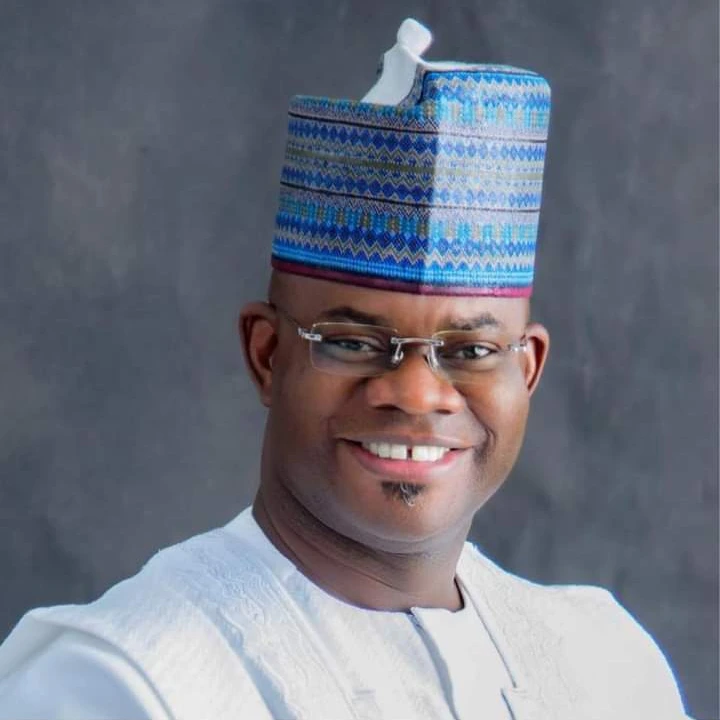

The Economic and Financial Crimes Commission (EFCC) says the American International School Abuja (AISA) has refunded the fees paid by the immediate past governor of Kogi state, Yahaya Bello, for his children attending the school.
In response to a letter addressed to the Lagos zonal commander of the EFCC, the school said $845,852 was paid in tuition “since the 7th of September 2021 to date”.
AISA said the sum to be refunded is $760,910 because it had deducted educational services already rendered.
“Please forward to us an official written request, with the authentic banking details of the EFCC, for the refund of the above-mentioned funds as previously indicated as part of your investigation into the alleged money laundering activities by the Bello family.
Since the 7th September 2021 to date, $845,852.84 (Eight Hundred and Forty-Five Thousand, Eight Hundred and Fifty Two US Dollars and eighty four cents) in tuition and other fees has been deposited into our Bank account.
We have calculated the net amount to be transferred and refunded to the State, after deducting the educational services rendered as $760,910.84. (Seven Hundred and Sixty Thousand, Nine Hundred and Ten US Dollars and Eighty Four cents).
No further additional fees are expected in respect of tuition as the students’ fees have now been settled until they graduate from ASIA.”
In a chat with The Cable, the spokesperson of the EFCC, Dele Oyewale, confirmed that the school has refunded the money.
‘’The money has been paid into public account,” Dele Oyewale was quoted as saying
-



 News4 days ago
News4 days agoFirst Man To Receive Pig Kidney Transplant Has Died
-



 Politics4 days ago
Politics4 days ago“Supporting Sim Fubara Was A Mistake” – Wike Announces
-



 Health4 days ago
Health4 days agoFP2030 Report Links Family Planning & Gender Equality
-



 Politics3 days ago
Politics3 days agoPresident Tinubu Bans Purchase Of Petrol-dependent Vehicles By FEC Members
-



 News3 days ago
News3 days agoMath Teacher Accused Of Having Sex With 2 Students And Getting Pregnant For One Tearfully Reveals The Baby Was Taken Away From Her
-



 Entertainment2 days ago
Entertainment2 days agoMen Of The Lagos State Police Command Have Arrested Singer Portable
-



 News17 hours ago
News17 hours agoThe Peruvian Government Has Officially Classified Transgender, Nonbinary And Intersex People As “Mentally ill”
-



 Entertainment18 hours ago
Entertainment18 hours agoWhy I’m Not Ready For Kids – Singer Burna Boy Reveals







